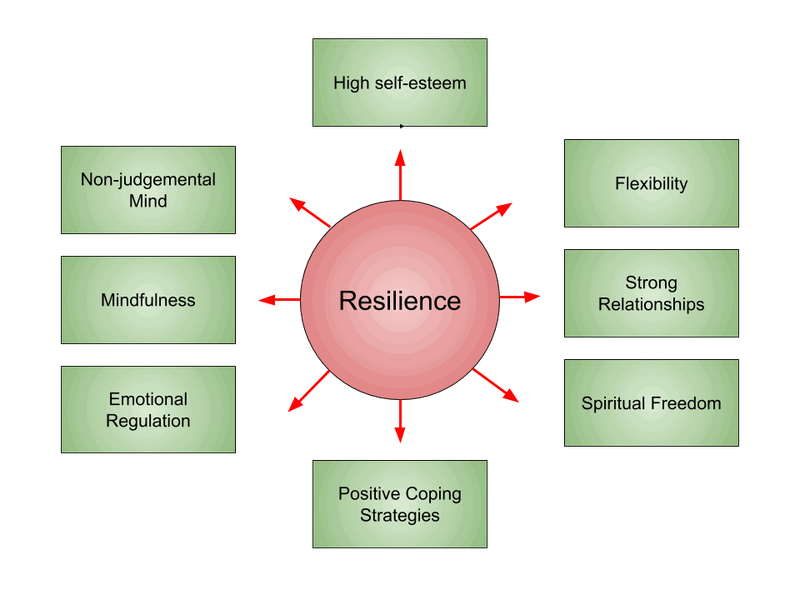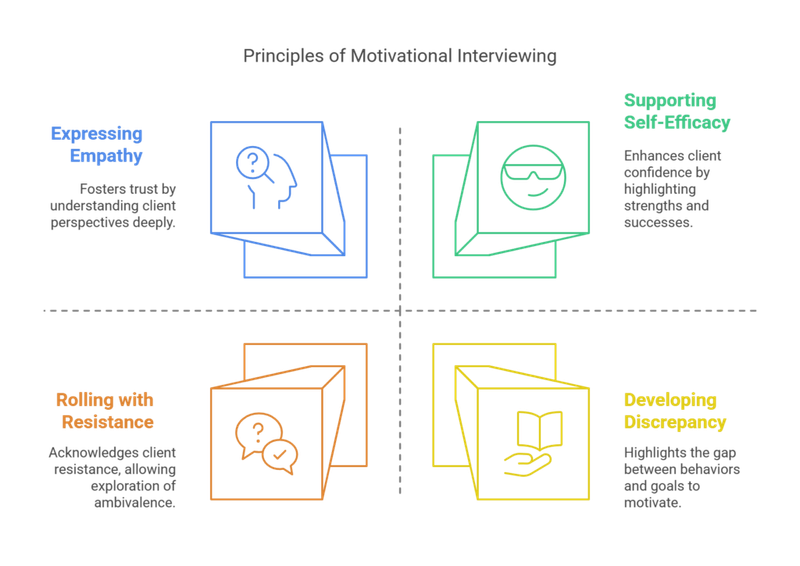In the realm of communication, words hold an undeniable influence, shaping perceptions and relationships. Intelligent individuals often exhibit an awareness of this power, choosing their words with precision and thoughtfulness. Unlike their average counterparts, they steer clear of phrases that may inadvertently create barriers or misunderstandings. By consciously avoiding certain expressions, they foster more authentic, respectful, and productive dialogues. Let’s explore ten common phrases that are often omitted from the vocabulary of those who value effective communication.
1. “You look tired.”

“You look tired.” It’s a phrase often intended as concern but can feel like an unsolicited critique. Instead of pointing out someone’s weariness, inquire, “Is everything okay?” This approach offers genuine concern without assumptions. In professional settings, such remarks might be perceived as tactless. By reframing the conversation, you express empathy and understanding. Offering support rather than judgment can be a catalyst for deeper connection. This subtle shift in approach changes the dynamic, transforming potentially awkward interactions into moments of care.
2. “You always…” or “You never…”

“You always…” or “You never…” are phrases that can corner someone into defensiveness. These sweeping statements rarely capture the complexity of behavior. Instead, consider saying, “I’ve noticed that…” This invites dialogue rather than confrontation. In a world where communication is key, specificity over generalization encourages understanding. The choice of words can either build walls or bridges. By opting for precision, you open doors to effective problem-solving and mutual respect.
3. “I can’t.”

The phrase “I can’t” often signifies a closed mindset, signaling an unwillingness to face challenges. Instead, try saying, “Let’s see how we can make this work.” By embracing a solution-oriented mentality, you cultivate possibility. This shift in language transforms obstacles into opportunities. In both personal and professional spheres, such an approach can inspire innovation and collaboration. With a focus on potential, you’re more likely to overcome hurdles. Embrace this change, and watch how it reshapes outcomes.
4. “It’s not my fault.”

Shifting blame with “It’s not my fault” can hinder progress and fracture relationships. Instead, say, “Let’s figure out how we can address this together.” This collaborative mindset fosters teamwork and accountability. In environments where trust and cooperation are vital, avoiding blame can be transformative. By focusing on solutions, conflicts are resolved more efficiently. This language shift encourages mutual support, turning potential discord into constructive dialogue. It’s a subtle yet profound change that promotes unity and growth.
5. “I don’t care.”

The dismissive phrase “I don’t care” can inadvertently hurt feelings and shut down communication. Instead, try acknowledging, “I understand this is important to you.” This simple shift shows respect and empathy. In conversations with friends, family, or colleagues, such sensitivity fosters trust and openness. By valuing others’ perspectives, you encourage a more inclusive dialogue. This approach can transform indifferent exchanges into enriching interactions. It’s about showing that you value the person, not just the outcome.
6. “It’s not fair.”

Lamenting “It’s not fair” often reflects an unwillingness to adapt. Instead, express feelings constructively with, “I feel disappointed about this outcome.” This mature perspective emphasizes personal growth and adaptability. In challenging situations, such language promotes resilience and understanding. By acknowledging emotions without complaint, you navigate complexities with grace. This approach fosters a mindset focused on learning and development rather than frustration. It’s about turning adversity into a catalyst for personal evolution.
7. “I told you so.”

The phrase “I told you so” can often come across as condescending. Instead, offer support like, “Let’s discuss what we can learn from this experience.” This approach transforms mistakes into valuable lessons. In mentoring or teaching moments, such language encourages growth. By focusing on learning rather than judgment, you promote a culture of continuous improvement. This shift from criticism to support fosters a positive and empowering environment. It’s about guiding, not gloating, fostering mutual respect.
8. “You look great for your age.”

Offering a compliment like “You look great for your age” can feel backhanded. Instead, simply say, “You look fantastic.” By excluding age qualifiers, the message feels more genuine. In social interactions, focusing on the person rather than their age fosters positivity. This language choice encourages appreciation without comparisons. It’s about celebrating individuals for who they are, not their age. This thoughtful expression enhances connections, showing genuine interest and respect.
9. “As I said before…”

The phrase “As I said before…” can imply impatience. Instead, rephrase your point in a new way to ensure clarity and engagement. In conversations, repetition can feel dismissive. By approaching the topic with fresh language, you maintain interest and respect. This mindful tactic encourages active listening and cooperation. It’s about valuing the dialogue and those involved, promoting an atmosphere of mutual understanding. Such adaptability in communication strengthens relationships and prevents misunderstandings.
10. “Good luck.”

The phrase “Good luck” may imply that success is left to chance. Instead, convey confidence with, “I know you have what it takes.” This supportive statement empowers and inspires. In various contexts, expressing belief in someone’s capabilities fosters motivation. By focusing on strengths rather than luck, you cultivate an encouraging environment. It’s about being a cheerleader in someone’s journey, promoting self-assurance and drive. This affirmation of potential transforms how goals are pursued and achieved.

Well, hello there!
My name is Jennifer. Besides being an orthodontist, I am a mother to 3 playful boys. In this motherhood journey, I can say I will never know everything. That’s why I always strive to read a lot, and that’s why I started writing about all the smithereens I came across so that you can have everything in one place! Enjoy and stay positive; you’ve got this!

